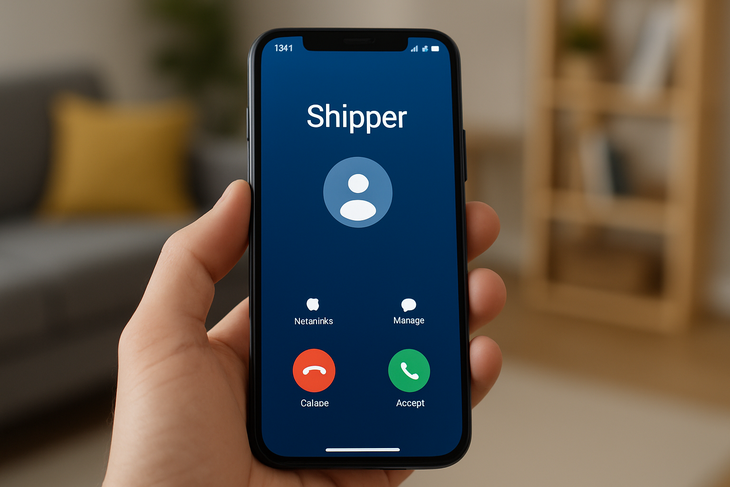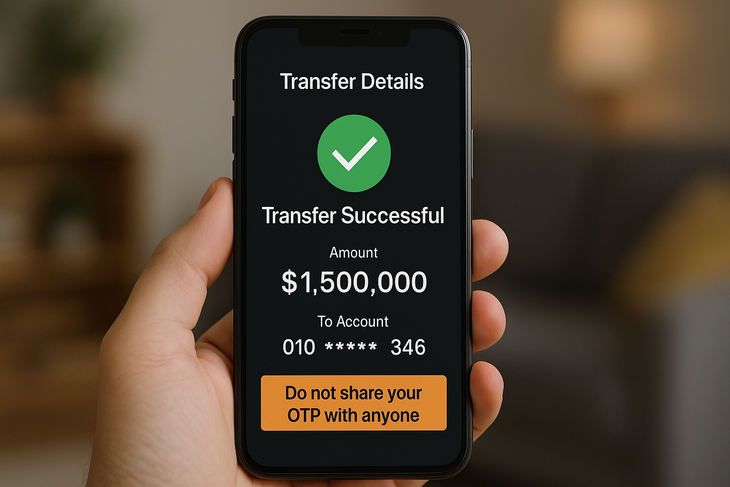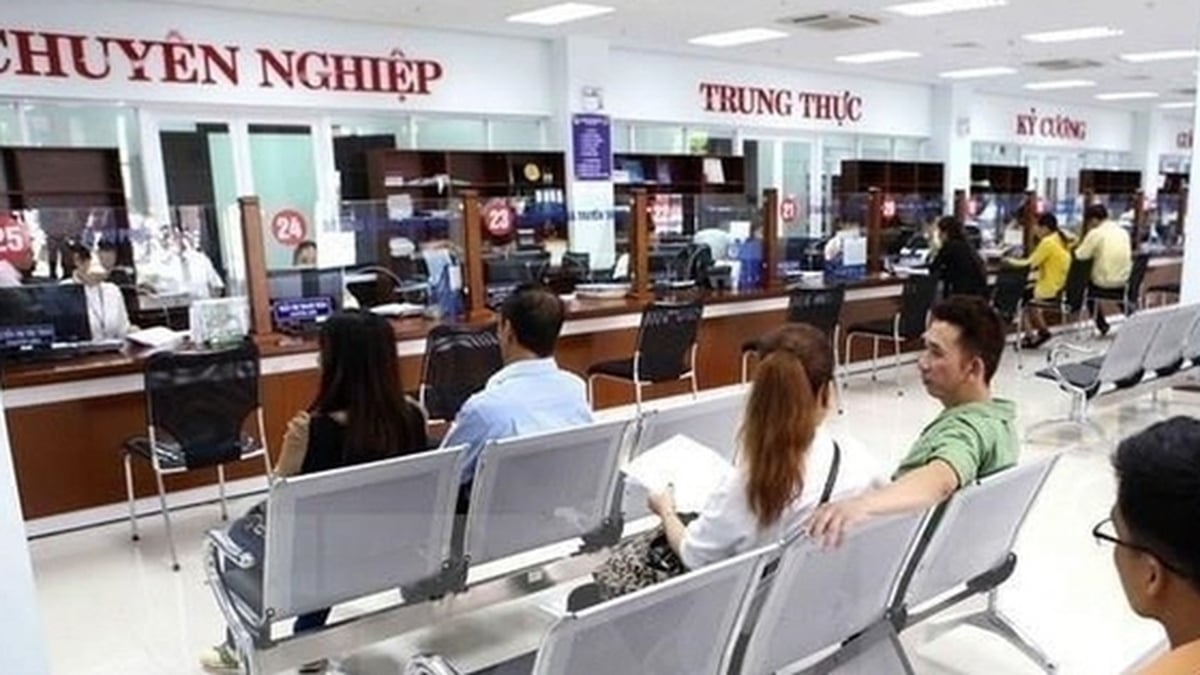
Many subjects have taken advantage of the delivery form to commit fraud.
Recently, fake shipper scams are becoming a nightmare for online shoppers nationwide. This form is considered one of the most sophisticated tricks today, when scammers thoroughly exploit consumers' subjective psychology and lack of vigilance in online transactions.
Common scams
Fraudsters often call impersonating delivery staff, reading the exact name, phone number and address of the customer to gain trust. Then, they make excuses such as missing delivery fees or insurance fees, asking the customer to transfer money to their personal account. As soon as they receive the money, the subject immediately blocks communication, causing the victim to lose money and not receive the goods.
Another trick is to play on the victim's fear by informing them that they have mistakenly transferred money to a "shipper membership" account. The subject says that if the service is not canceled, the account will be deducted from 2 to 3.5 million VND per month. In this tense situation, many people follow the request, click on strange links or provide OTP codes to "cancel the service", inadvertently opening the way for the scammer to steal money and personal information.
In addition, many victims also received messages containing fake links of major shipping companies such as GHN, GHTK, Shopee. When accessing and entering login information or OTP code, all data was stolen and bank accounts were quickly drained.

Fraudulent tricks impersonating shippers are becoming more and more popular.
Why do people easily fall into traps?
The first cause is the leakage of personal data. Information such as names, phone numbers, and shipping addresses are leaked or illegally bought and sold, making it easy for criminals to approach victims with accurate information.
Besides, the fear of losing orders and rushing to receive goods when busy makes many people easily believe the words of the subject.
Notably, scammers often appear to be very professional. They use confident voices, shipping jargon, and even send fake photos of delivery staff or delivery notes to strengthen customers' trust.
Signs of recognition and prevention
According to Tuoi Tre Online's investigation, official delivery staff never ask customers to transfer money to their personal accounts before receiving the goods. If they encounter a situation requiring them to pay additional fees or provide an OTP code to complete the transaction, the buyer must immediately stop and verify the information via the shipping unit's official application.
Consumers should never click on strange links or provide OTP codes to anyone. Order tracking should only be done via websites or applications of reputable delivery units.
In addition, you should limit sharing personal information publicly on social networks, especially when participating in purchasing through livestreams.
What to do when being scammed?

Pay only when checking the goods in person or via the official application of the shipping unit.
When you discover you have been scammed, the most important thing is to keep all evidence, including contact phone numbers, receiving account numbers, message content, screenshots and call recordings if available.
Then, quickly report to the nearest police agency or contact hotlines such as 113, 069.219.4053 (Cyber Security - nationwide), 0693.187.200 (Ho Chi Minh City Police). At the same time, send warning information to the Information Security Department at canhbao.ncsc.gov.vn for support.
Source: https://tuoitre.vn/canh-bao-lien-tuc-vi-sao-nhieu-nguoi-van-sap-bay-lua-cua-shipper-gia-20250723095809028.htm































![[Photo] Signing of cooperation between ministries, branches and localities of Vietnam and Senegal](https://vphoto.vietnam.vn/thumb/1200x675/vietnam/resource/IMAGE/2025/7/24/6147c654b0ae4f2793188e982e272651)







































































Comment (0)